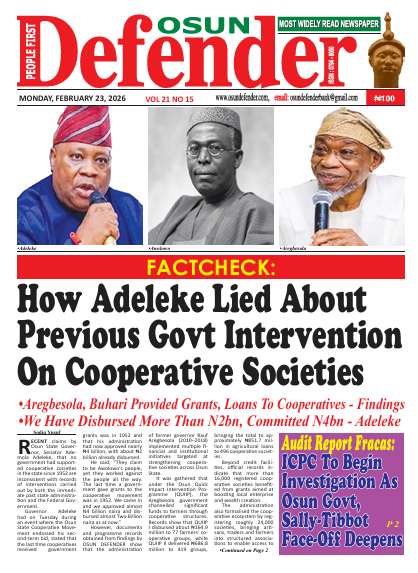Foreign currency shortages will remain a persistent feature of the Nigerian economy till 2018. This is the submission of Moody’s Investor Service, a global rating agency.
This is despite the Central Bank of Nigeria’s efforts to alleviate the situation.
Moody’s said “In recent quarters, dollar rationing, currency devaluation and foreign currency borrowing by governments have stemmed the fall in foreign exchange reserves in Angola and Nigeria.
“But this has been to the detriment of the non-oil economy, price stability and government balance sheets. Moody’s expects these challenges to continue in 2017 but alleviate in 2018,” the agency said…
“Dollar shortages make it difficult to pay suppliers of imported goods and equipment, meet dollar debt payments or to repatriate funds outside of the respective countries.
“The associated local currency weakness increases the cost of servicing unhedged foreign currency debt obligations, reduces repatriated profits in foreign currency and lowers operating margins, as companies are not able to pass on high import costs to the consumer”, adds Mr Bate. Non-financial corporates with dollar revenues such as commodity operators and corporates with dollar-linked contracts are insulated from these risks”.









